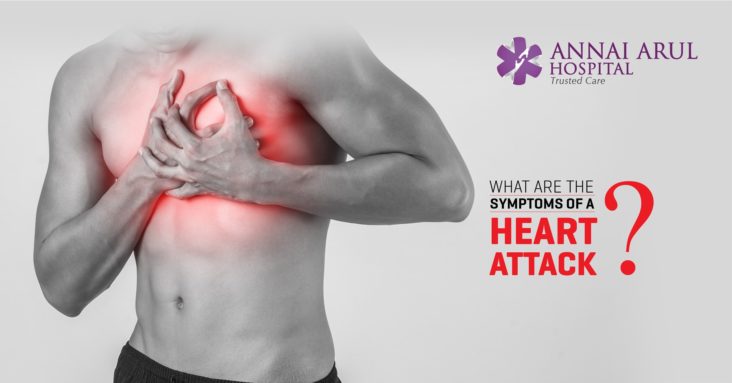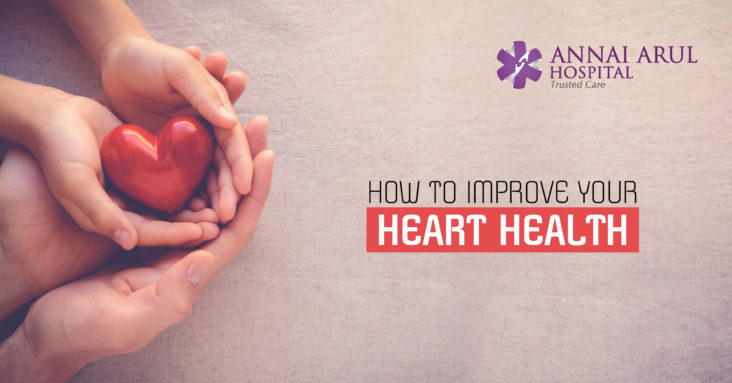The world is in a search mode for that one vitamin that could build stronger bones, manage diabetes, multiple sclerosis, cancer, heart disease depression and even help lose weight. Scientists say that Vitamin D has the potential to do all this and more. Vitamin D is basically produced as a result of our skin’s reaction to sunlight and we get it from some food stuff or supplements. Let us now look at Vitamin D in particular and how its absence can affect us.
For Strong Bones
Right from infancy to old age Vitamin D is critical for strong and functional bones. This is so because Vitamin D helps the body absorb calcium from the food we eat. In aged and older adults a dose of Vitamin D with calcium helps to prevent fractures and osteoporosis. In children it helps in building strong bones, prevents rickets or bow legs, knock knees and weak bone syndrome.
Prevents Multiple Sclerosis
For those living in places far away from the sunny equator Multiple Sclerosis or MS is a constant threat. This is an autoimmune disorder and experts believe there is a direct link between sunlight, vitamin D levels and this disorder that damages the nerves. But still the clear cut answer has not been found for the link to happen.
Vitamin D and Diabetes
Many studies have proven that there is a link between Type 1 & 2 diabetes and vitamin D levels in the body. So boosting the vitamin D levels in the body could be the answer to control diabetes, but as of now there is no surety about the claim. Doctors have not yet started recommending vitamin D supplements for treatment of diabetes. Excessive body fat combined with lack of sufficient vitamin D may be the reason for diabetes.
Vitamin D against Depression
Research says that vitamin D has a prominent role in brain development which means lack of it could lead to depression and related mental disorders. But it is not proven that vitamin D supplements can help overcome depression. Your doctor should be consulted in case of depression and for further treatment.
How does sun provide vitamin D?
Normally we get our supply of vitamin D when the body is exposed to sunlight. We can get a fair amount of vitamin D in 5-10 minutes on a sunny day, but on a cloudy day with low light, some sunscreens and beauty lotions the sun may get blocked out. People with darker skin tone and older people will be unable to make enough vitamin D from short sun exposures. Those who don’t get enough of sun can also aim to eat food rich in vitamin D and also take some supplements.
Food and Vitamin D
Apart from the vitamin D supplements the normal food we eat can also supply our body’s requirement of vitamin D. Food such as fish including salmon, swordfish or mackerel provides healthy amounts of vitamin D. Small amounts of vitamin D occur in orange juice, milk, cheese, ice creams and cereals.
What are symptoms of Vitamin D deficiency?
When you have problem converting vitamin D from sunlight then it can lead to vitamin D deficiency. Mostly symptoms are not very clear to notice. Severe deficiency in adults results in soft bones known as osteomalacia. The symptoms include body pain and muscle weakness. In children depending on the severity of the deficiency, rickets may occur. There will be soft bones and skeletal problems.






